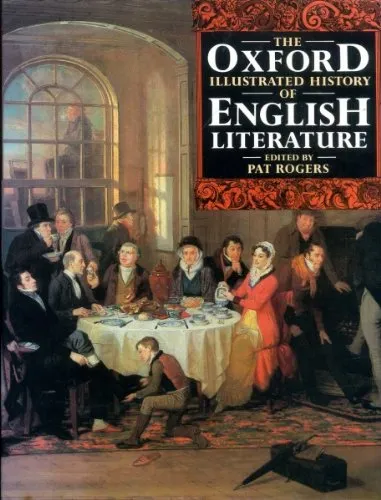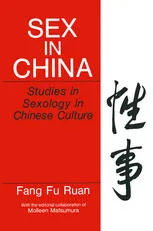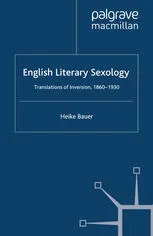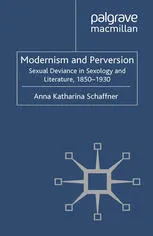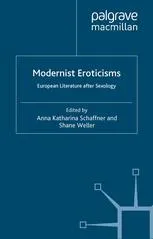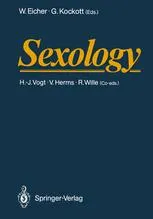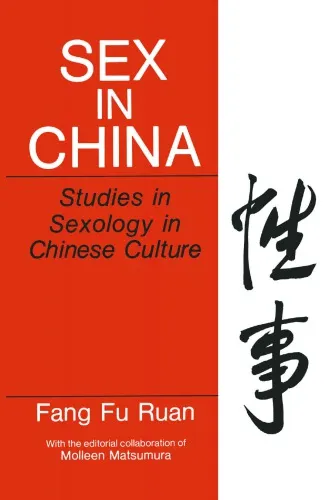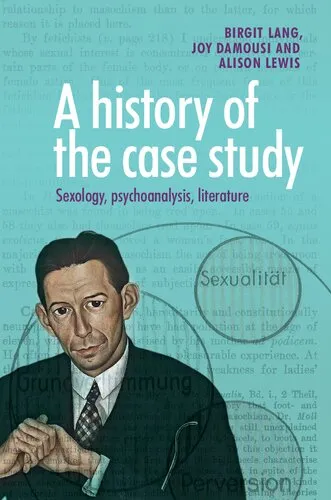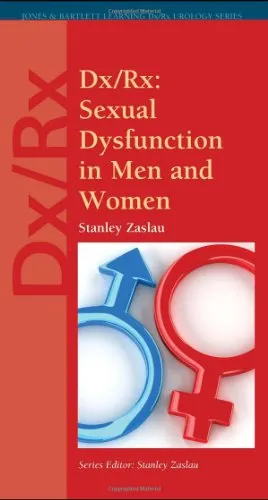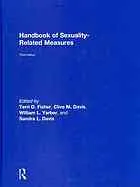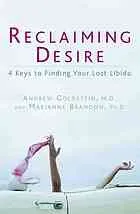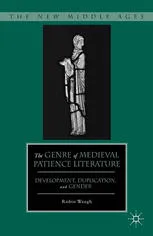Modernism and perversion : sexual deviance in sexology and literature, 1850-1930
4.5
Reviews from our users

You Can Ask your questions from this book's AI after Login
Each download or ask from book AI costs 2 points. To earn more free points, please visit the Points Guide Page and complete some valuable actions.Related Refrences:
Modernism and Perversion: Sexual Deviance in Sexology and Literature, 1850-1930
Anna Katharina Schaffner’s Modernism and Perversion: Sexual Deviance in Sexology and Literature, 1850-1930 is an essential exploration of how the concept of sexual deviance shaped the intellectual and cultural currents of modernism. By weaving together the emerging scientific discipline of sexology and the avant-garde literature of the late 19th and early 20th centuries, the book provides a unique lens through which readers can understand the intersections between scientific inquiry and artistic innovation during this transformative era.
Detailed Summary of the Book
The book traces the evolution of sexual deviancy as a concept during the years 1850 to 1930, a period in which modernism was blossoming as both a literary movement and a cultural phenomenon. Schaffner delves deep into the origins of sexology, highlighting the work of pioneering figures such as Richard von Krafft-Ebing, Havelock Ellis, and Sigmund Freud, who sought to classify, explain, and pathologize various forms of sexual behavior deemed aberrant by society.
Simultaneously, Schaffner examines how modernist writers such as James Joyce, Marcel Proust, and D.H. Lawrence engaged with the themes of sexual deviance in their works, often subverting and challenging societal norms. Through this analysis, the book demonstrates how literature interacted with and responded to burgeoning theories about human sexuality, navigating themes of liberation, repression, and taboo.
Divided into thematic sections, the book explores key topics such as the cultural obsession with diagnosing and categorizing deviant behavior, the impact of emerging psychological theories, and the ways in which modernist writers incorporated these ideas into their creative processes. The dynamic interaction between medical science, societal norms, and literary experimentation highlights the interconnected nature of art and science during this period.
Key Takeaways
- Sexual deviance became a central focus of both scientific inquiry and literary exploration during the modernist era.
- Modernist writers drew heavily on the findings and classifications of sexologists, incorporating their ideas while questioning societal taboos.
- The medicalization of sexuality in the 19th century profoundly impacted how human behavior was understood and navigated in literature.
- Themes of repression, liberation, and identity emerged as central concerns in both sexology and modernist literature.
- The intersections between science and art illustrate the complexity of cultural transformation during the period.
Famous Quotes from the Book
“The diagnosis of sexual deviance was not merely a medical concern; it became a cultural shorthand for questioning the moral authority of societal norms themselves.”
“Modernist literature did not shy away from taboo subjects; rather, it confronted them head-on, looking to expose the underlying anxieties of an era obsessed with categorization and control.”
“What is deemed 'deviant' often reflects the fears and insecurities of the society doing the labeling, rather than the inherent qualities of the behavior itself.”
Why This Book Matters
Schaffner’s work is a groundbreaking contribution to both literary studies and the history of sexual science. By mapping the intricate connections between sexology and modernist literature, the book illuminates a pivotal moment in cultural history when traditional notions of morality were increasingly challenged. It situates literature as a powerful force for social critique and transformation, capable of reimagining human identity beyond the rigid confines of medical and societal classifications.
The relevance of Modernism and Perversion extends far beyond its historical scope. In a contemporary world still grappling with issues of sexual identity and freedom, the book provides invaluable insights into the ways cultural products both reflect and shape our understanding of human behavior. It affirms the enduring importance of studying how literature and science interact to influence social norms and personal liberation.
Ultimately, Schaffner's nuanced exploration helps readers grasp the enduring impact of modernist literature and sexological theories on current views of sexuality and human agency, making it a must-read for those interested in modernist studies, sexology, or cultural history.
Free Direct Download
You Can Download this book after Login
Accessing books through legal platforms and public libraries not only supports the rights of authors and publishers but also contributes to the sustainability of reading culture. Before downloading, please take a moment to consider these options.
Find this book on other platforms:
WorldCat helps you find books in libraries worldwide.
See ratings, reviews, and discussions on Goodreads.
Find and buy rare or used books on AbeBooks.
1270
بازدید4.5
امتیاز0
نظر98%
رضایتReviews:
4.5
Based on 0 users review
Questions & Answers
Ask questions about this book or help others by answering
No questions yet. Be the first to ask!


